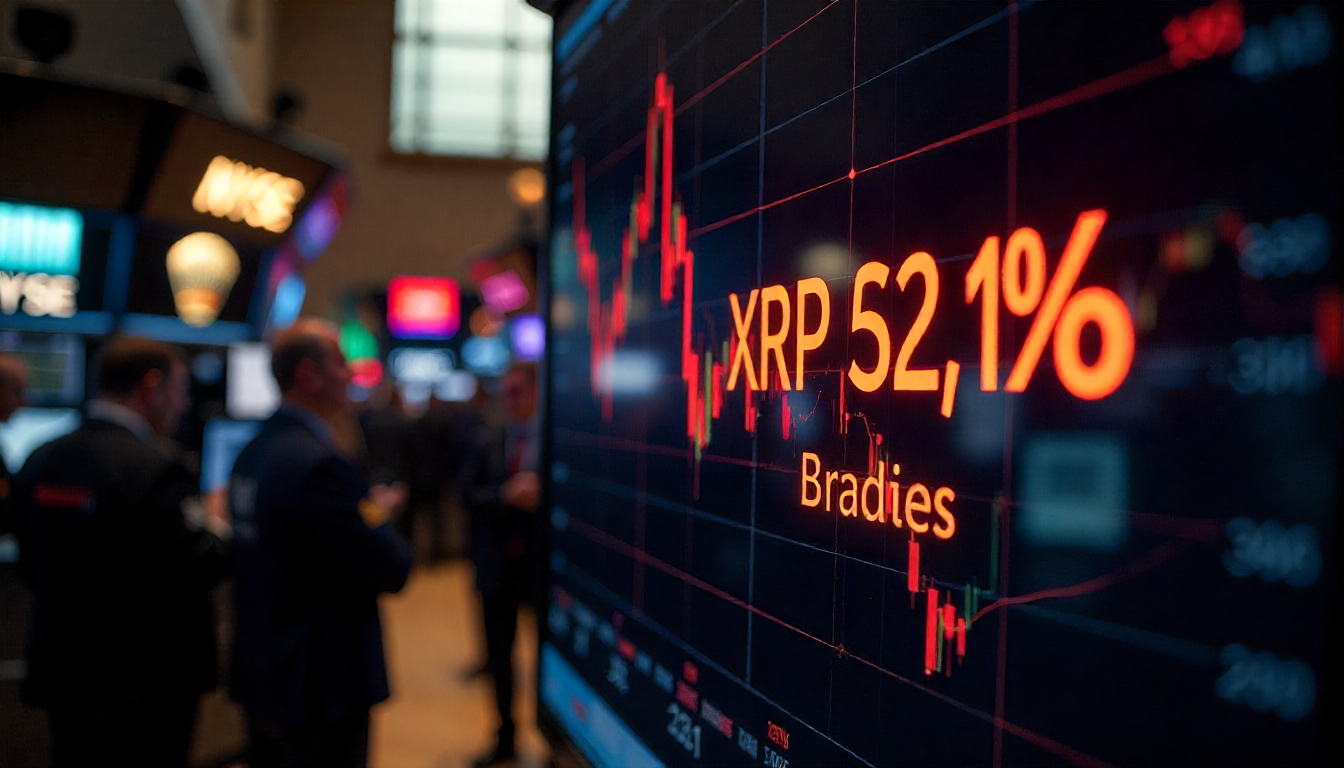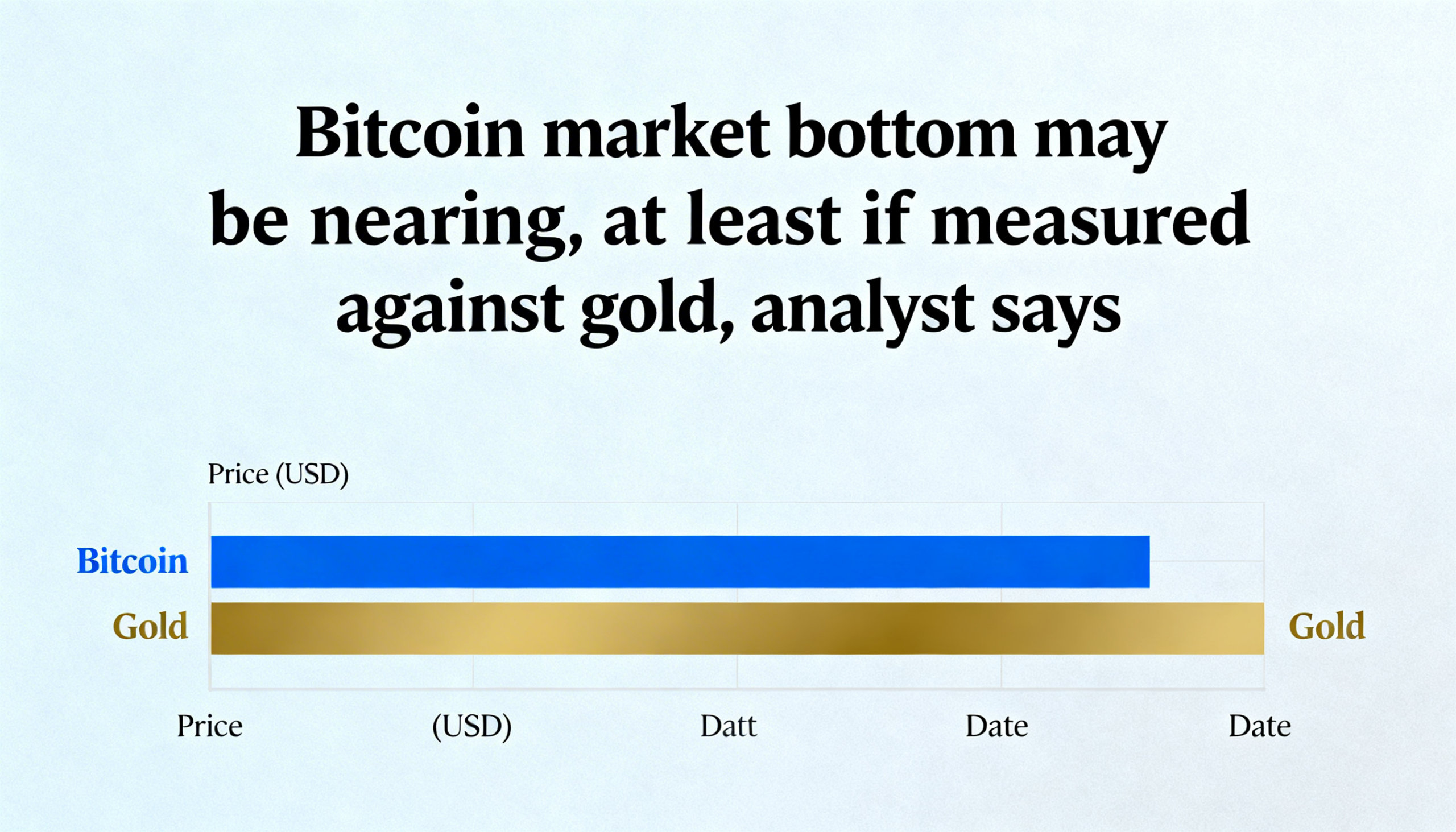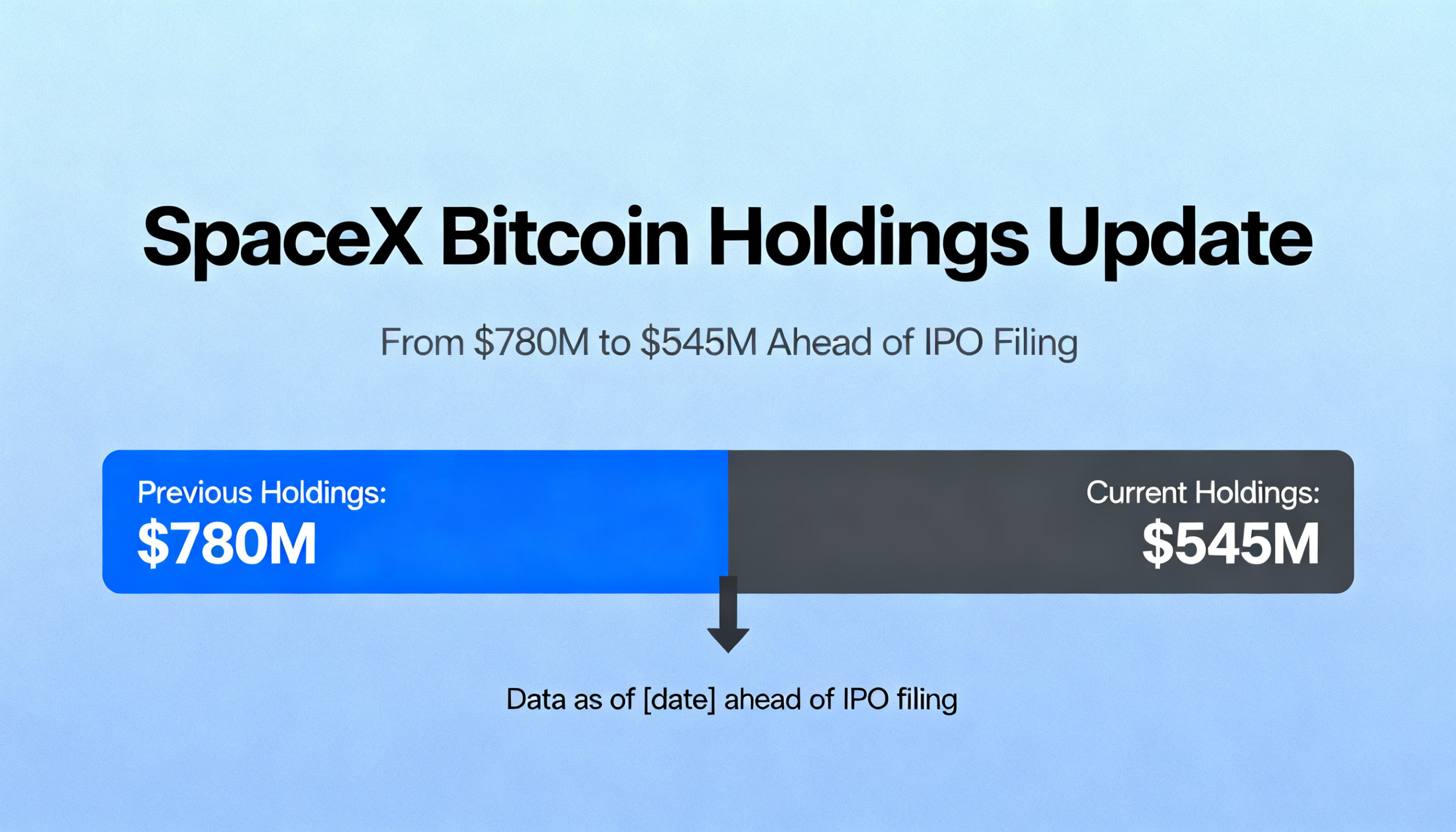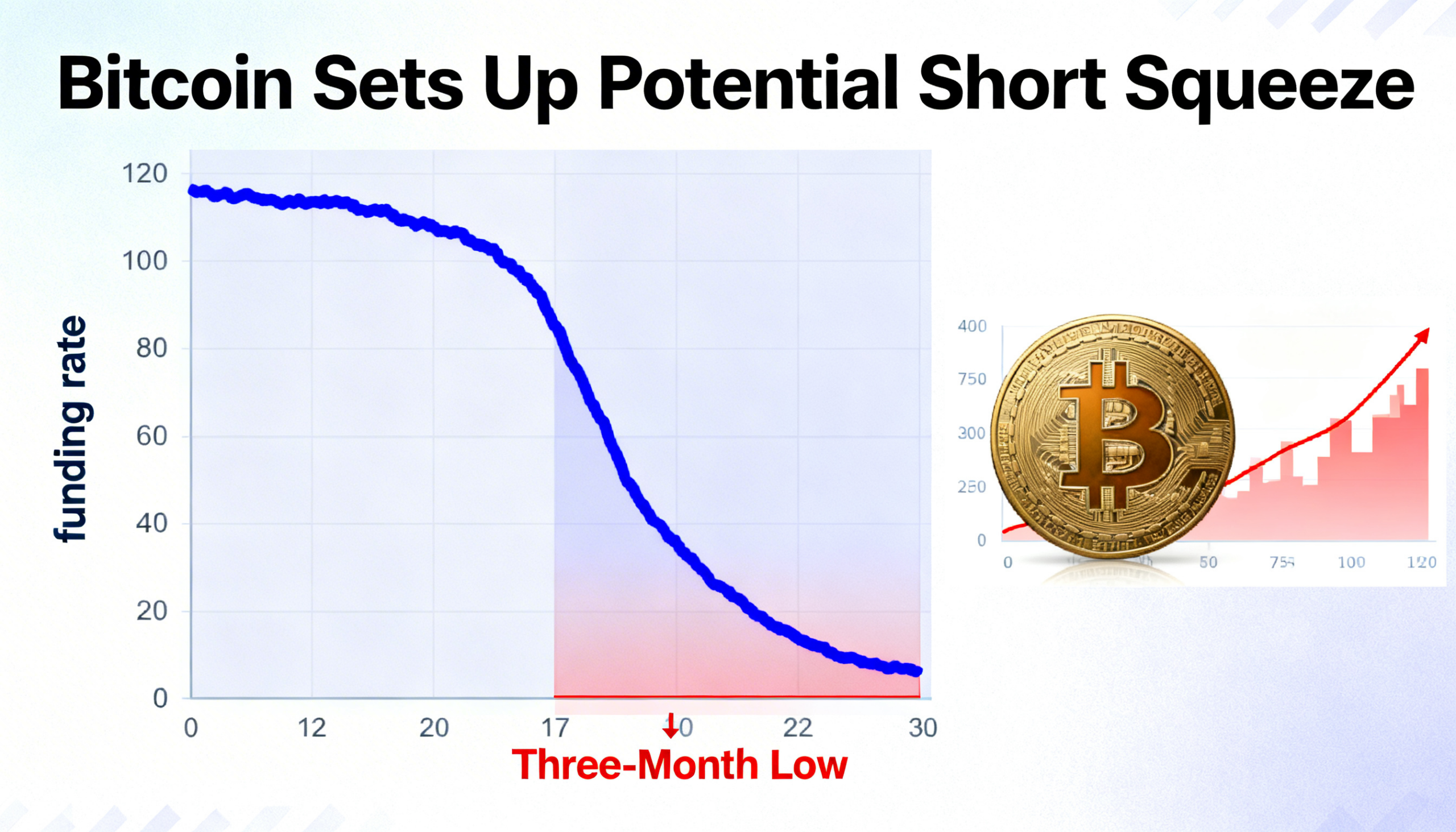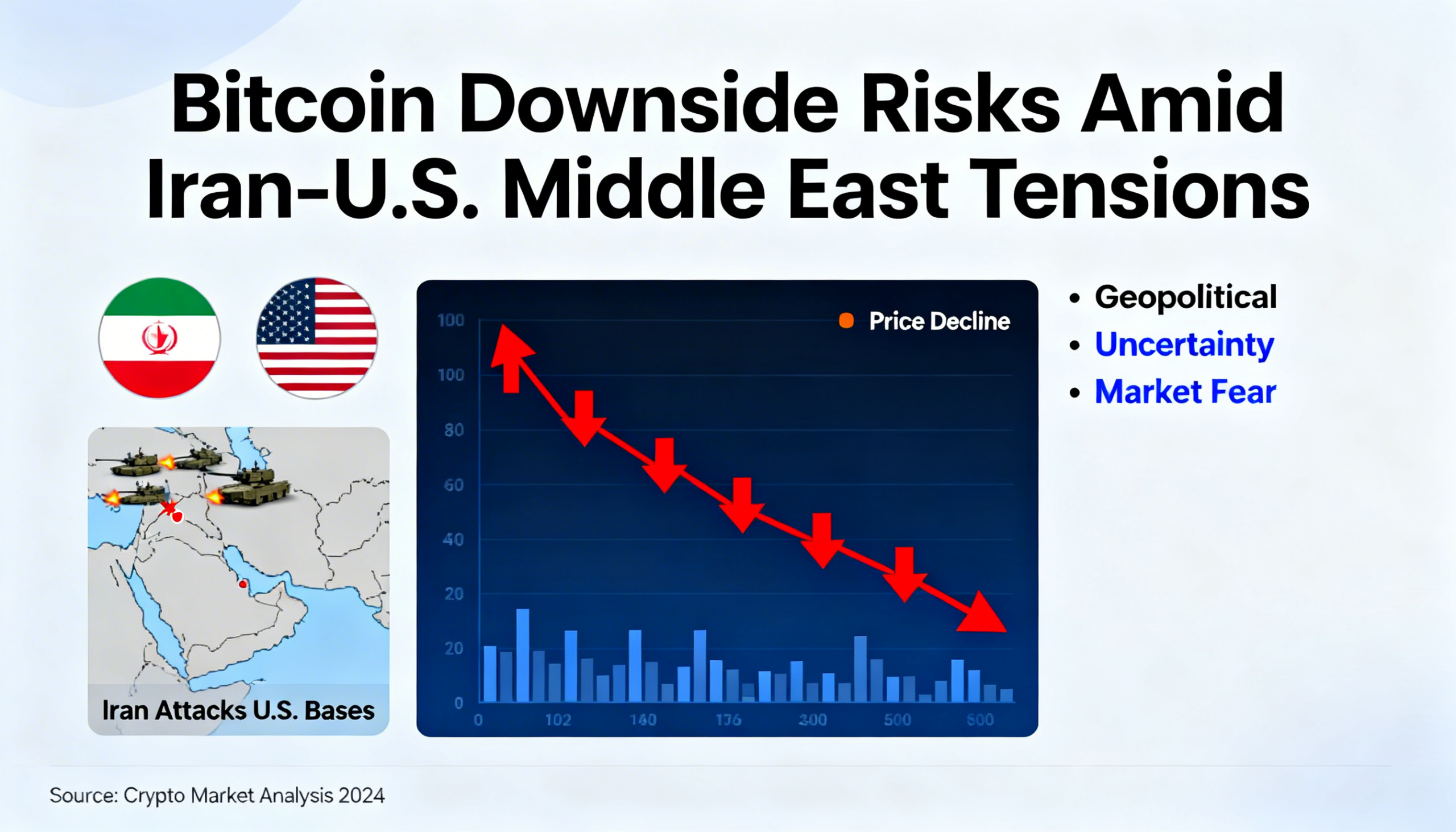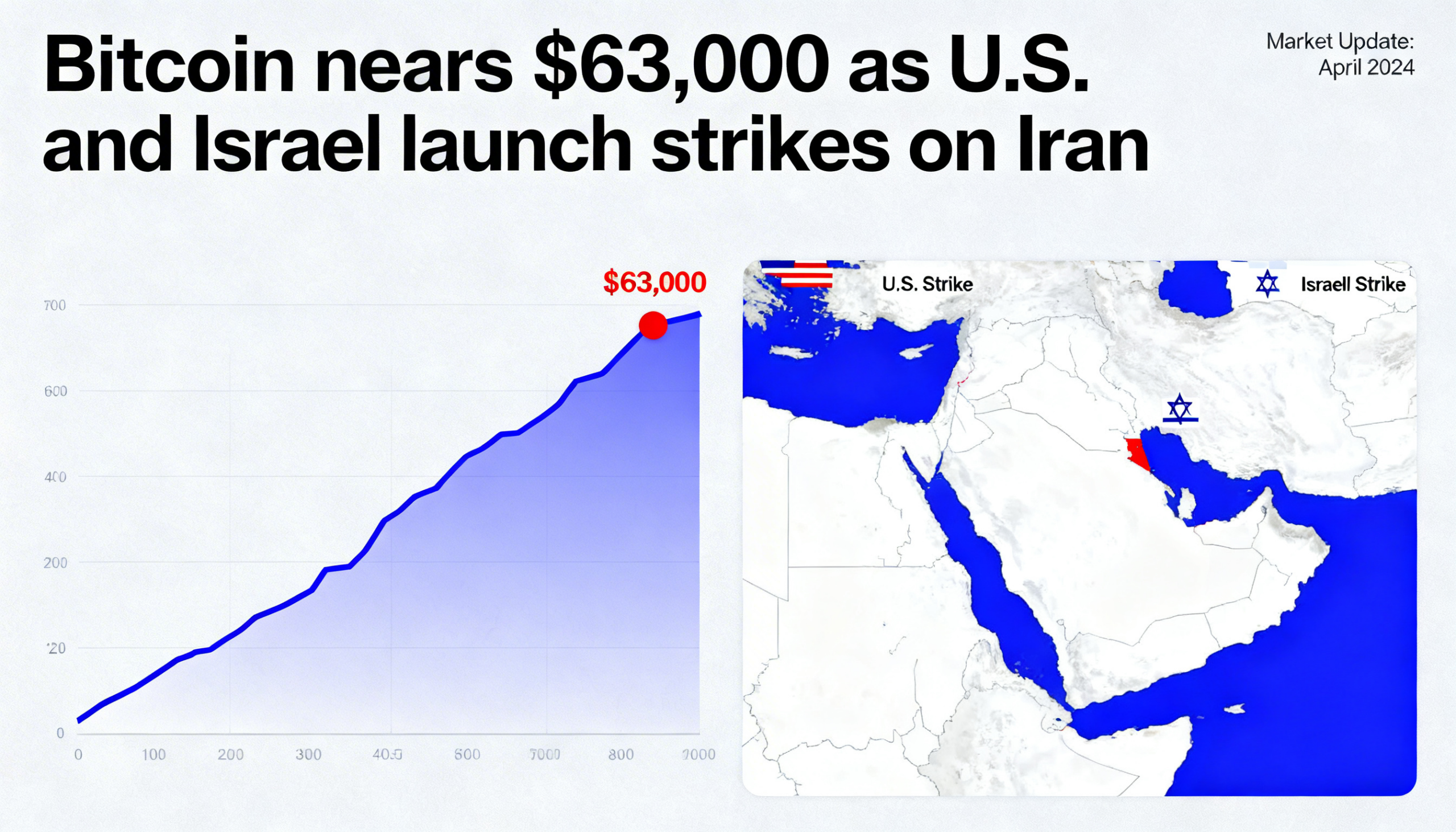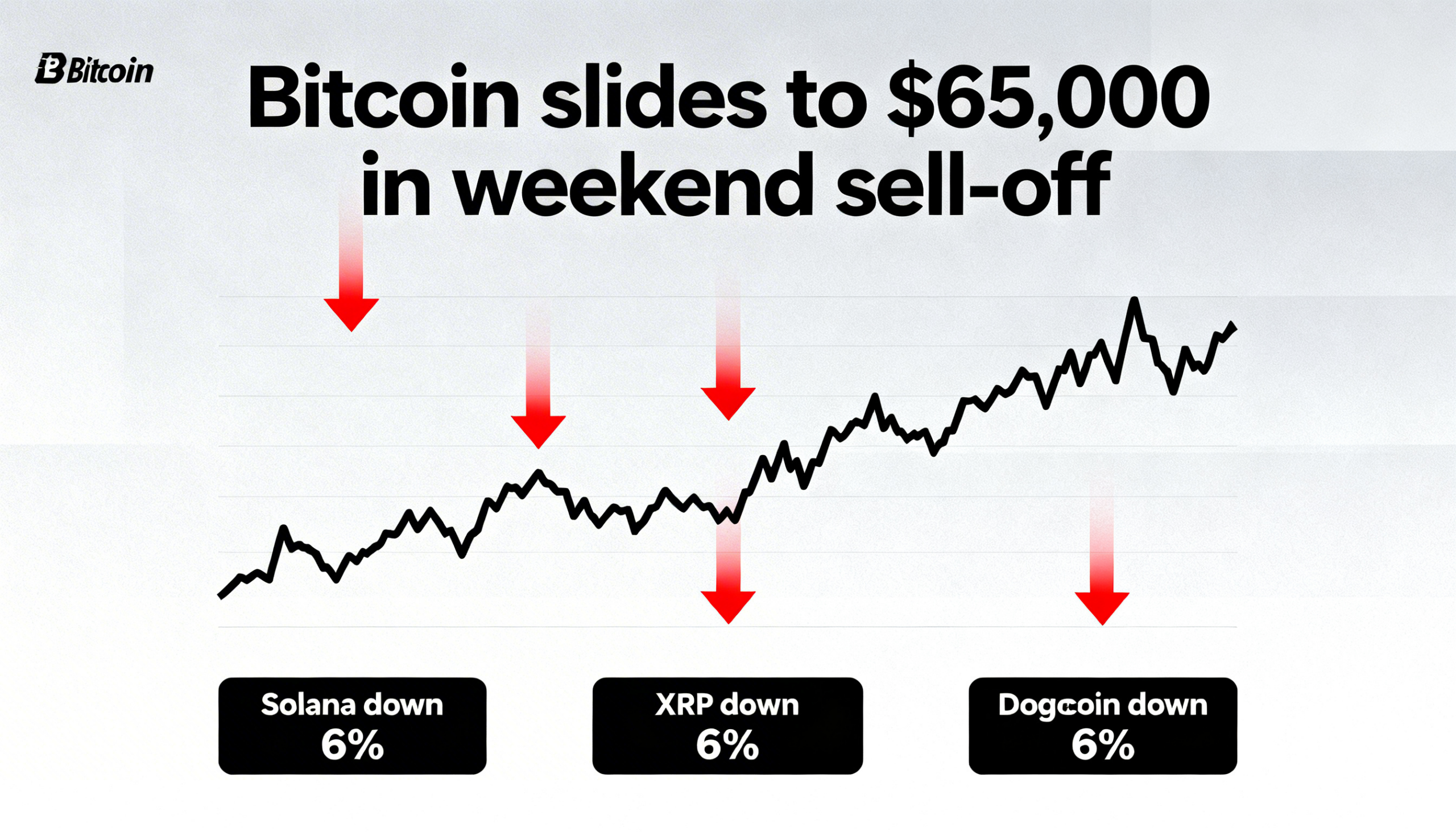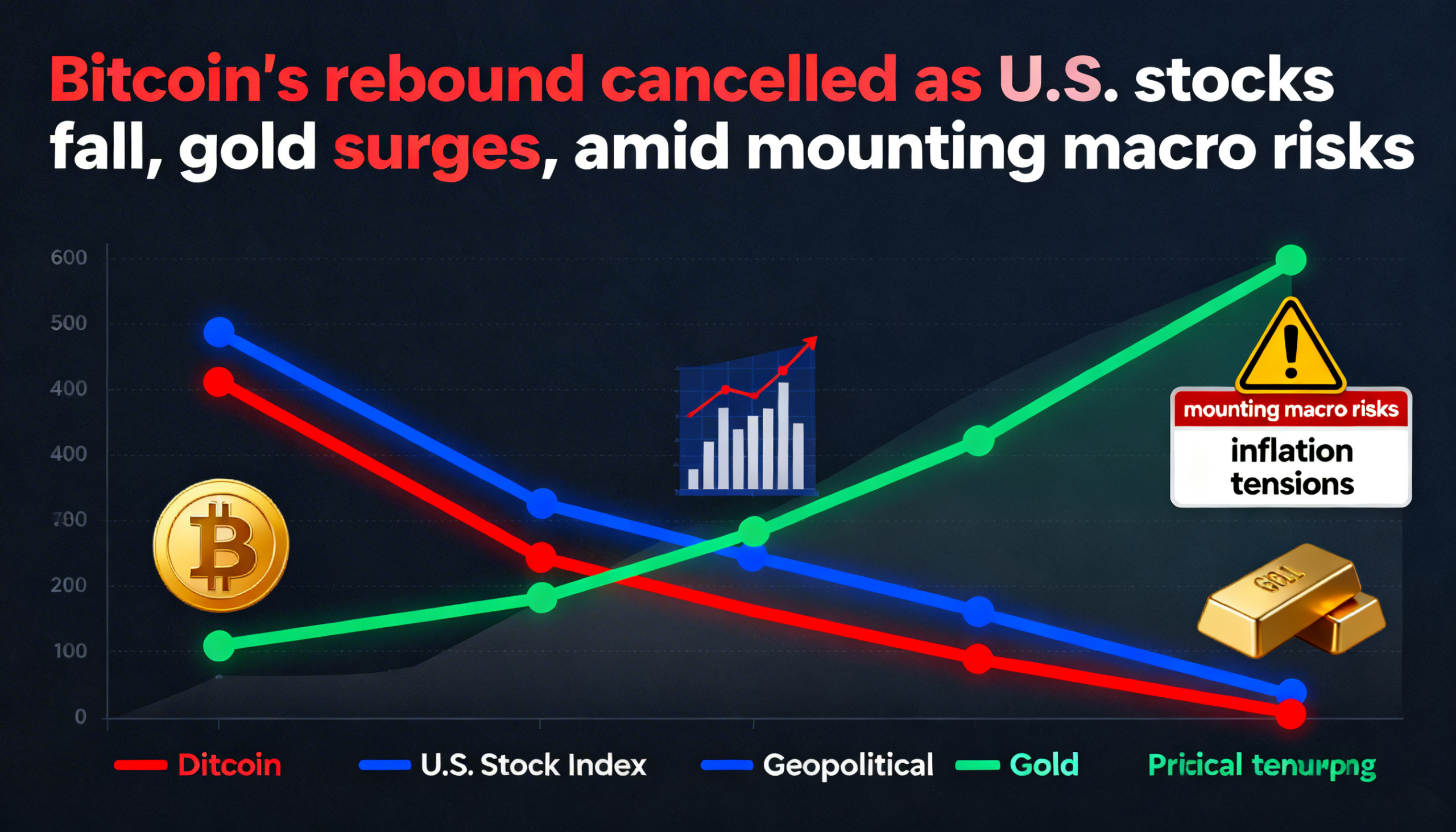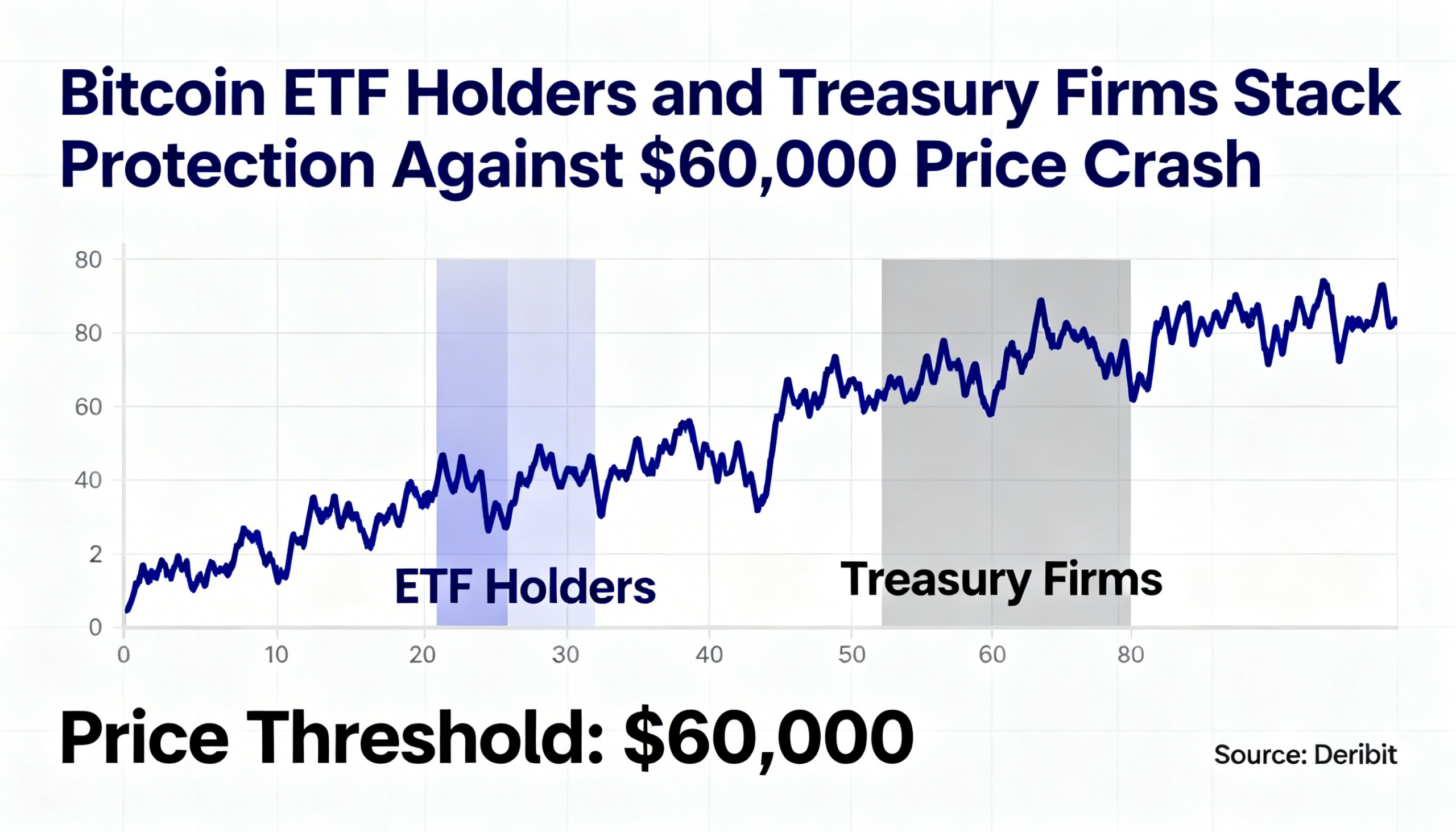XRP struggled to maintain the $3.00 mark on Monday before an overnight selloff wiped out support, sending the token down 3.46% amid record trading volume. Over the 24-hour session from September 21, 03:00 to September 22, 02:00, XRP fluctuated between a high of $3.014 and a low of $2.910, reflecting heightened market volatility.
The pullback coincided with the debut of the first U.S.-listed XRP ETF, which recorded $37.7 million in opening-day volume, making it the largest ETF launch of 2025. Despite the bullish catalyst, institutional profit-taking dominated trading.
Market Context
- ETF Launch: The U.S. XRP ETF set a 2025 record with $37.7 million in day-one volume.
- Macro Factors: Markets remain focused on Fed policy, with expectations of September rate cuts typically supporting crypto markets.
- Analyst Take: Resistance remains near $3.00, indicating ongoing structural consolidation despite ETF momentum.
Price Action Summary
- XRP fell from $3.01 to $2.91 before closing at $2.92.
- A midnight crash saw prices drop from $2.973 to $2.910, driving 261.22 million in volume, about four times the daily average.
- Liquidations totaled $7.93 million, with 90% hitting long positions.
- XRP briefly recovered to $2.94 in the final hour but retreated to $2.92, forming a resistance cluster at $2.93–$2.94.
Technical Analysis
- Trading Range: $0.104, representing 3.46% intraday volatility.
- Resistance: $2.98–$3.00 after high-volume rejection.
- Support: $2.91–$2.92, repeatedly tested during the crash.
- Consolidation: XRP failed to hold above $2.93, signaling short-term bearish pressure.
- Volume Insight: 261 million confirms that institutional selling dominated overnight flows.
Key Focus for Traders
- Can XRP reclaim and sustain levels above $3.00, or will resistance near $2.98–$3.00 cap upside?
- How will secondary flows from the new ETF influence liquidity following record day-one participation?
- Will the Fed’s September rate decision drive renewed inflows into crypto?
- Exchange reserves are at 12-month highs, suggesting potential supply overhang despite institutional demand.


